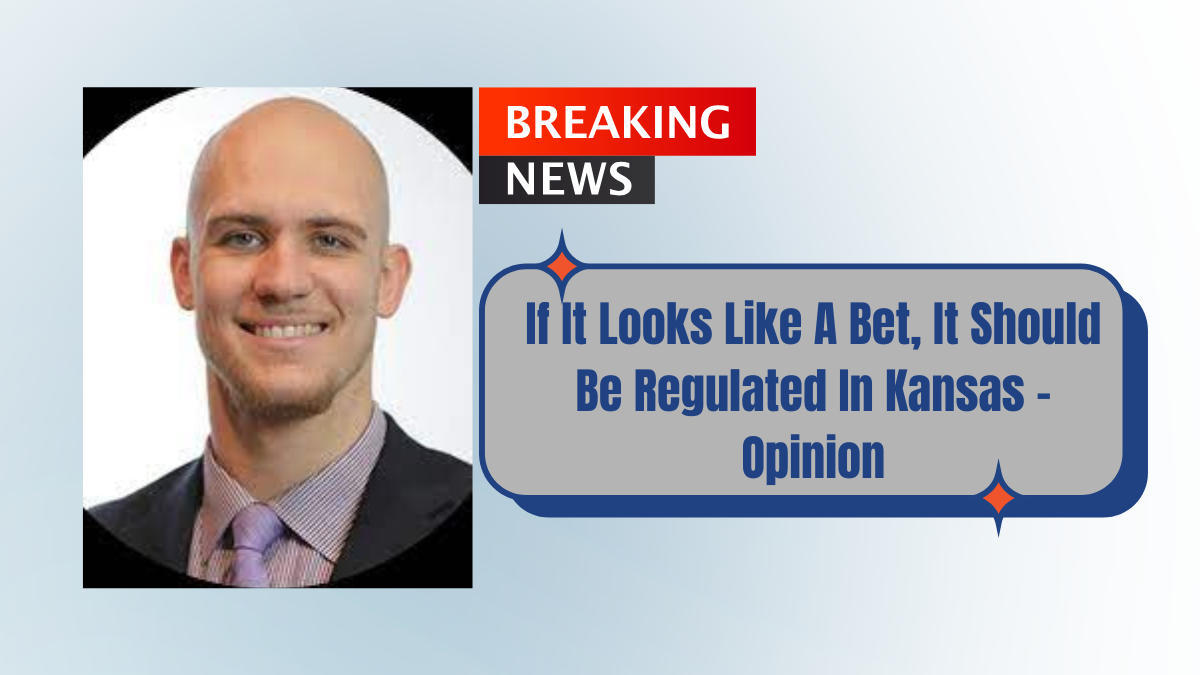Three years ago, Gov. Laura Kelly placed Kansas’ first legal sports wager — a $15 bet on the Chiefs to win the Super Bowl.
The team delivered on the field and Kansas delivered at the bank, launching a regulated sports betting market that has since generated over $37 million in tax revenue for the state.
Responsible Growth Through Regulation
As a committed Kansan and member of the business community, I have seen how the state succeeds when businesses follow transparent rules, contribute to economic growth, and reinvest in local communities.
A cooperative effort between government and industry has created a system where everyone benefits.
Where Sports Betting Revenue Goes
The tax revenue from legal sports betting supports vital Kansas priorities, including:
- Combating crime
- Strengthening law enforcement
- Attracting business development
Funds also support programs designed to help those battling gambling addiction, ensuring treatment, resources, and support are readily available.
This approach demonstrates how economic success and social responsibility can work hand in hand — the Kansas way.
A Fair Playing Field For Business
Kansas welcomes business growth, but every company operating here — local or national — is expected to play by the rules.
Whether it’s a brewery in Lawrence, a production facility in Wichita, or a casino in Pittsburg, all businesses should contribute to the programs that make Kansas a strong and competitive place to live and work.
A Well-Regulated System That Works
The state’s legal sports betting framework, directed by the Kansas Racing and Gaming Commission and Kansas Lottery, has demonstrated that strong oversight and good business practices support both consumer protection and economic stability.
Licensed operators are required to be transparent, accountable, and compliant with Kansas law.
The Threat Of Unregulated Prediction Platforms
However, new Wall Street-supported prediction market platforms are attempting to operate outside this regulatory system.
They market their products as “event futures” or “financial contracts,” but in reality, they are simply sports betting without state oversight.
By exploiting federal loopholes, these platforms aim to shift regulatory oversight away from Kansas and into the hands of Washington agencies.
This is not innovation — it is circumvention.
The Commodity Futures Trading Commission was designed to regulate agricultural and commodity markets, not sports wagering.
Allowing these platforms to operate unchecked would create a largely unregulated market that could:
- Endanger consumers
- Evade Kansas laws
- Generate zero revenue for Kansas taxpayers
A Risky Shift With Local Impact
Unsupervised prediction markets blur the line between investment and gambling, encouraging speculative behavior that can harm individuals, families, and communities.
Without Kansas regulations in place, residents face increased risk of fraud, financial loss, and gambling addiction, while legitimate businesses lose their competitive edge.
The winners in such a system would not be everyday Kansans, but a small group of investors on Wall Street.
Kansas Should Decide Kansas Policy
Kansas voters and lawmakers have already chosen a model that works — one built on fairness, transparency, and local control.
There is no need for federal intervention that undermines responsible progress already made.
Kansas created a responsible, transparent, and revenue-generating sports betting system that benefits the state, businesses, and its citizens.
Allowing unregulated prediction platforms to bypass this model threatens consumer welfare, market fairness, and Kansas’ ability to control its own policies.
The state should continue to maintain and protect a system that works — by Kansans, for Kansans.




